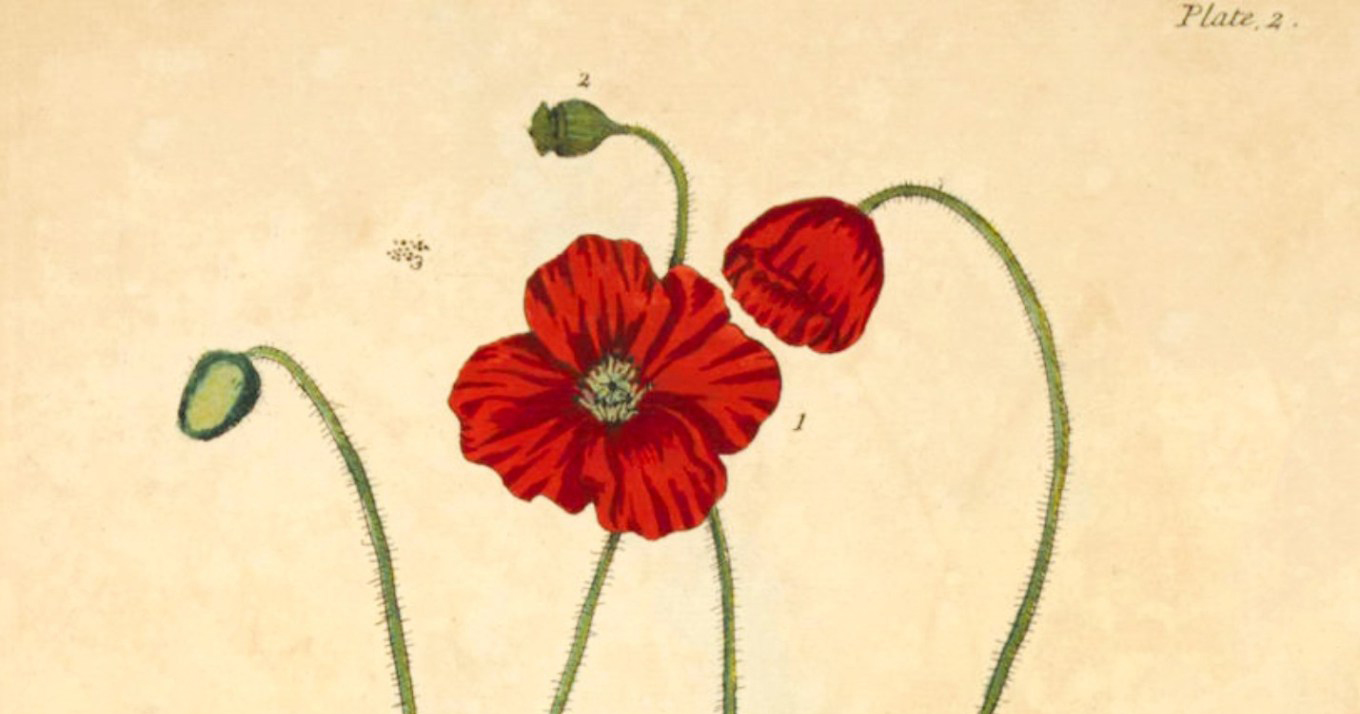
An Ecology of Intimacies – The Marginalian
[ad_1]
At its best, an intimate relationship is a symbiote of mutual nourishment — a portable ecosystem of interdependent growth, undergirded by a mycelial web of trust and tenderness. One is profoundly changed by it and yet becomes more purely oneself as projections give way to presence and complexes are composted into candid relation.
In his slender and splendid book Twice Alive (public library), poet, geologist, and translator Forrest Gander draws from the natural world a poetic “ecology of intimacies,” reverencing lichens’ “supreme parsimony in drought” and the “long soft sarongs of moss” as a way “to recover the play of life itself.”
An epoch after Beatrix Potter uncovered how lichens reproduce — asexually, scattering living matter from both partners to colonize a new habitat — Gander considers the “theoretical immortality” of such propagation and reflects:
The thought of two things that merge, mutually altering each other, two things that, intermingled and interactive, become one thing that does not age, brings me to think of the nature of intimacy. Isn’t it often in our most intimate relations that we come to realize that our identity, all identity, is combinatory?
I think of Einstein, who considered “combinatory play” the essence of creativity; I think of how love may be the supreme creative act, the way it remakes the self and the world between selves.

In one of the love poems anchoring the books, Gander considers how in such combinatorics of intimacy the partners are “not fused, not bonded, but nested.” Echoing the defiant question Mary McCarthy posed to Hannah Arendt — What’s the use of falling in love if you both remain inertly as-you-were? — he writes:
The reconfiguration is instantaneous
experience. It is being
itself. But whose being now? Was I
endowed with some special pliability so
that becoming part of you I didn’t pass
through my own nihilation? And what
does the death of who-you-were mean to me
except that now you are present, constantly.[…]
Without you I survived and with you
I live again in a radical augmentation
of identity because we have
effaced our outer limits, because
we summoned each other. In you,
I cast my life beyond itself.
This radical augmentation of the self is indeed the great recompense of intimacy, not only interpersonal but ecological — how organisms entwine with one another to become a system of interdependence greater and more fully alive than its parts, how grasping this new way of being requires a new way of seeing. Gander writes in another poem:
To see what’s there and not already
patterned by familiarity — for an unpredicted
whole is there, casting a pair of shadows, manipulating
its material, advancing, assembling enough
kinship that we call it life, our life, what
is already many lives, the dimensions of
its magnitude veiled to us as we live it —
Complement with Ursula K. Le Guin’s poem “Kinship” and Shel Silverstein’s timeless illustrated parable about the secret to nurturing relationships, then revisit this meditation on lichens and the meaning of life.
[ad_2]
Source link



